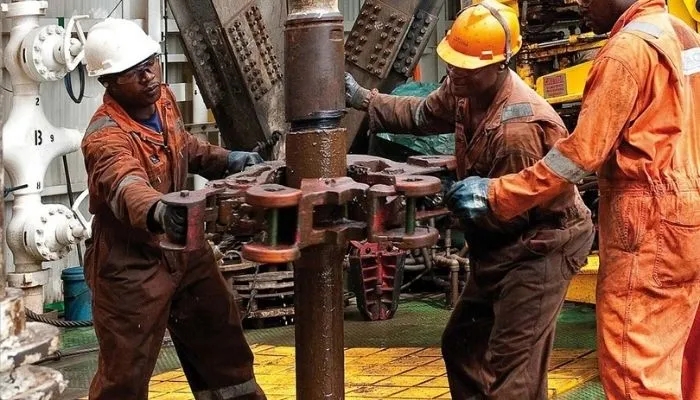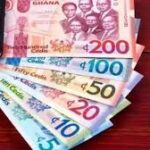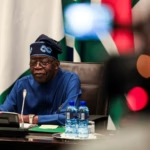South Africa has overtaken Nigeria as Africa’s largest importer of refined petroleum products, marking a major shift in the continent’s oil market.
According to data from energy consultancy CITAC, Nigeria’s fuel imports have plummeted due to increased output from the Dangote Petrochemical Refinery, which began large-scale production in early 2024.
The Dangote refinery, located near Lagos, is now the world’s largest single-train refining facility with a capacity of 650,000 barrels per day. Its rising output is drastically cutting Nigeria’s reliance on imported fuel. In the first quarter of 2025, Nigeria imported 3.1 million metric tonnes of refined petroleum, compared to South Africa’s 4.2 million tonnes.
As Nigeria repositions itself as a regional fuel supplier, analysts say this could strengthen the naira, ease foreign exchange pressure, and reduce trade deficits.
- Advertisement -
CITAC reports that Nigeria’s total imports for 2025 are projected to drop to 6.4 million tonnes, while South Africa is expected to import 15.5 million tonnes.
Elitsa Georgieva, Executive Director at CITAC, noted that crude throughout sub-Saharan Africa rose nearly 78% year-on-year in 2024, a surge attributed mostly to Dangote’s operations. The refinery’s ramp-up has displaced international fuel suppliers that once dominated the West African market.
While Nigeria reduces its import dependency, South Africa faces a growing reliance on foreign fuel due to the shutdown of several local refineries. Accidents, ageing infrastructure, and underinvestment have plagued the country’s refining sector, forcing it to rely on imports for over 60% of its fuel needs. The situation worsened in 2022 when the country’s largest refinery, Sapref, a joint venture between Shell Plc and BP Plc, was idled.
Meanwhile, global fuel traders are adjusting to this shift. Swiss-based Mocoh, once heavily reliant on supplying petrol to Nigeria, is restructuring its business model. After losing key contracts with the Nigerian National Petroleum Company, Mocoh is now partnering with Dangote to export surplus fuel to other West African countries.










